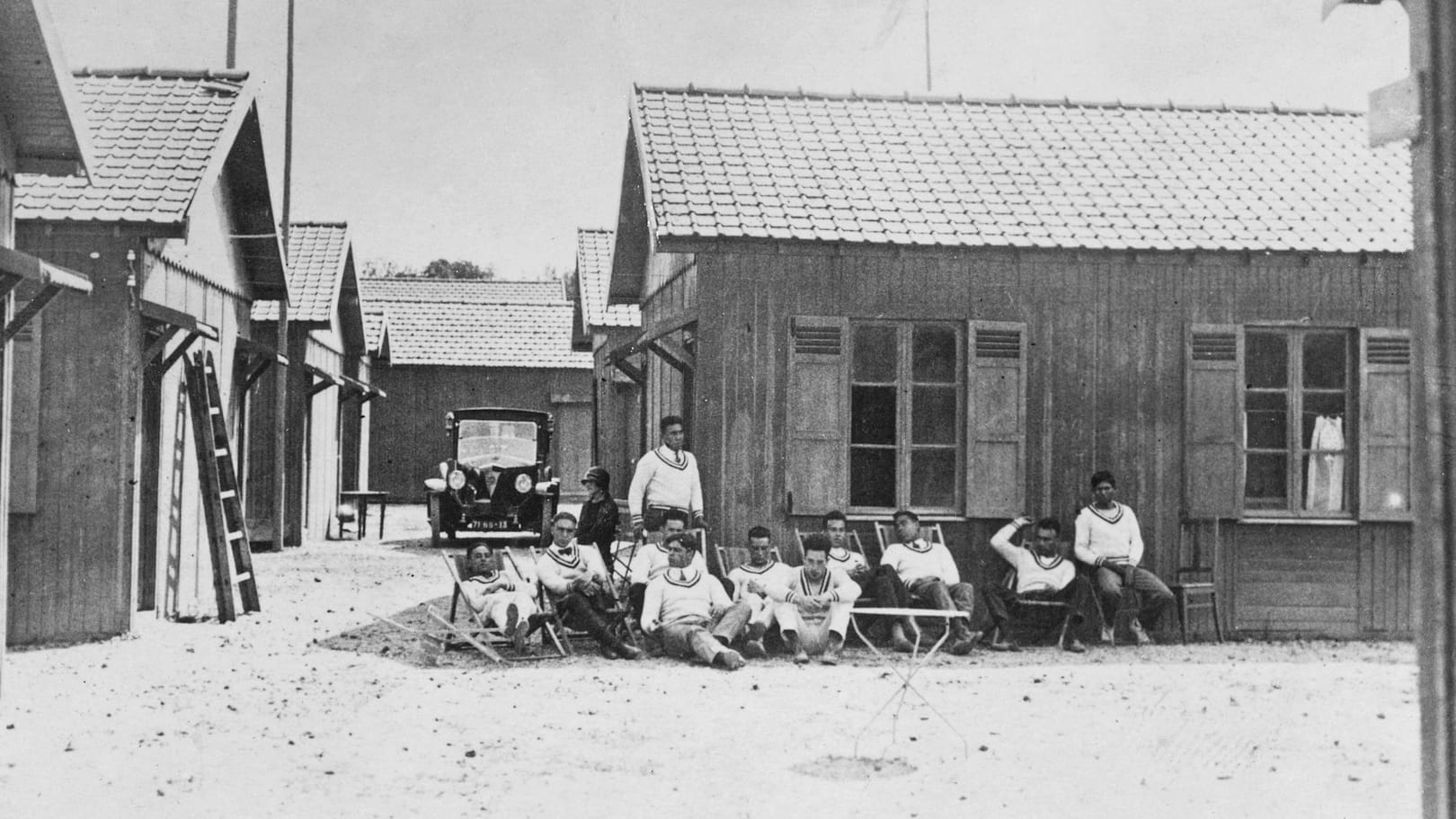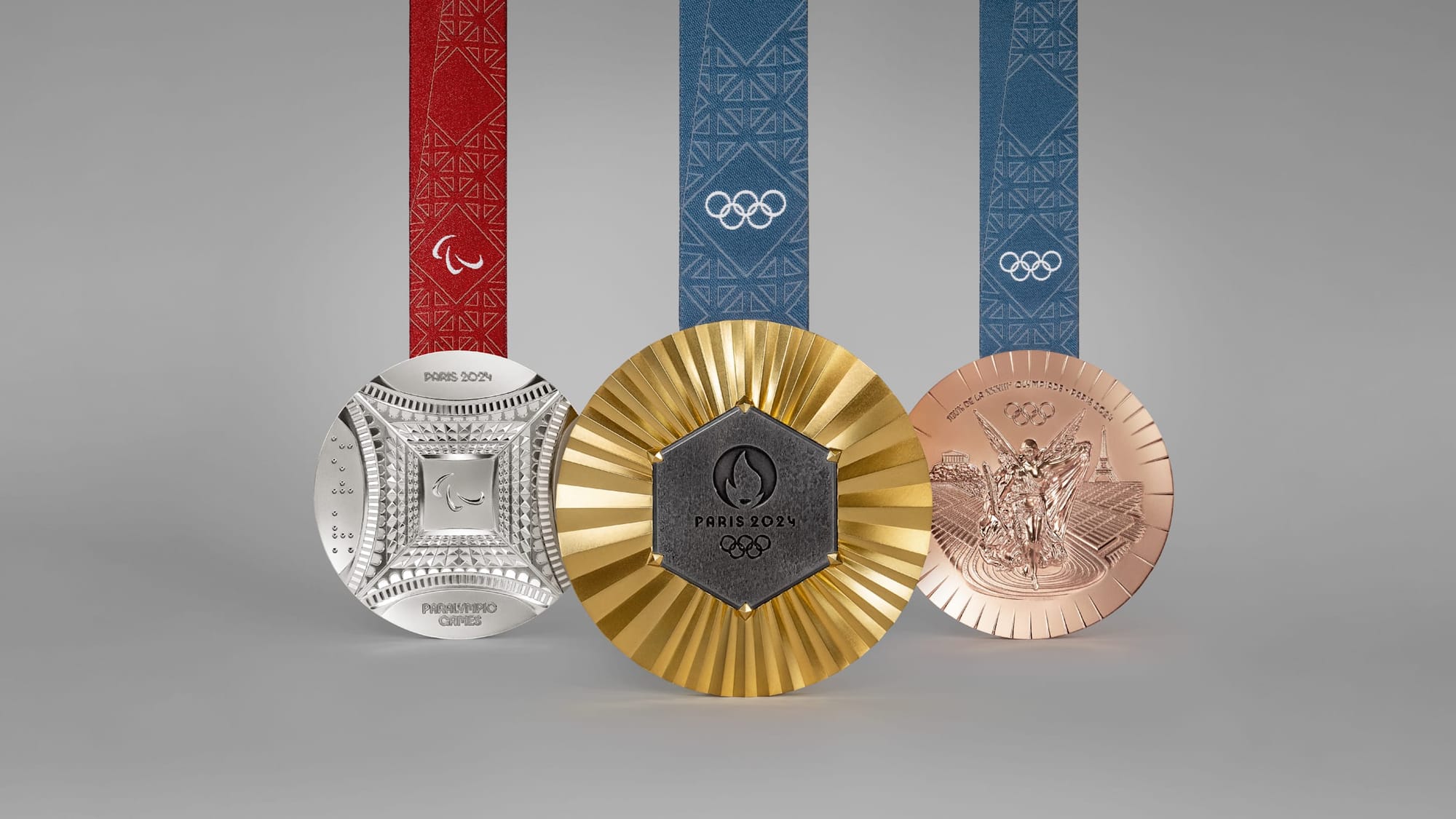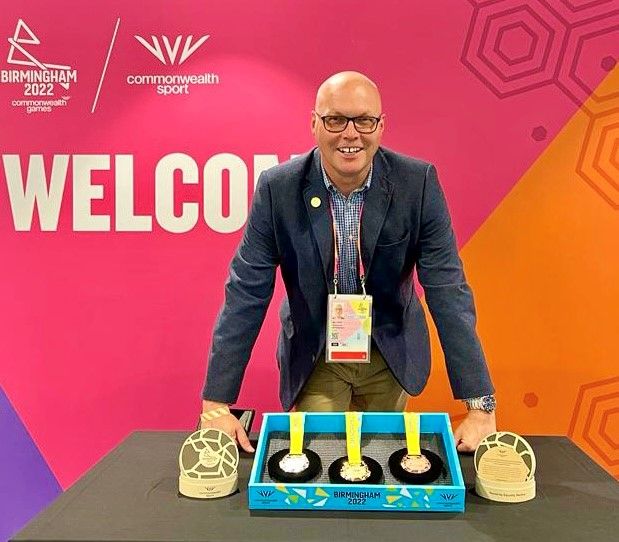Paris has a long history of hosting the Olympic Games with the upcoming 2024 edition being the third time that the French capital has played host. The previous two occasions were in 1900 and 1924, making it exactly 100 years since the city last greeted athletes and officials from around the world.
A century ago Parisians welcomed 44 nations and 3,089 athletes to compete in 126 events. This summer the XXXIII Olympiad will see 10,500 athletes from over 200 nations (including the IOC Refugee team) compete in 329 events across 35 different venues. With over 40,000 volunteers, 20,000 accredited journalists in attendance, 350,000 hours of TV broadcast and social media audiences expected to hit record levels the 2024 Games are certainly a far cry from life in the 1920’s. Although important precedents were set back then.
For example, did you know that Paris 1924 was the first Games to have an Olympic Village to accommodate athletes? Commonly known as an athletes’ village it was situated near to the main stadium and made up of wooden cabins. Athletes and team officials attending this year will also have the luxury of being accommodated close to the main stadium and just 7 kilometres from the city centre. That is a lot of mouths to feed in the village with 40,000+ meals expected to be served each day.

The Games this year will demonstrate a significant departure from the 1920s in terms of gender equality, technology, volunteering, media coverage and global participation. Of those athletes numbers in 1924 only 135 were women, in comparison to this year when men and women will have equal representation.
Back then participating nations would have travelled in large by sea and land to take part and without the support of friends and family on the ground. The radio and newspapers being heavily relied on to keep abreast of Olympic news and results.
Access to host cities and the venues for fans has certainly reached new heights. Travel, ticketing and hospitality experiences have become more seamless and efficient. Fans can easily plan their trips, purchase tickets online and enjoy a variety of hospitality options. This has improved accessibility and contributed to the growing popularity of the Games, allowing more people to experience the event first hand.
With history yet to be written for this year’s Games the 1924 Olympiad certainly left its mark with many a story still being told today. No more so than the epic tale of British sprinters Harold Abrahams and Eric Liddell which was captured in the 1981 Oscar winning film Chariots of Fire.
The theme music was scored by Vangelis and became synonymous with the story of Abrahams and Liddell. It also featured in the opening ceremony of the London 2012 Olympic Games with Rowan Atkinson (Mr Bean fame) stealing the show.
Abrahams, an Englishman studying at Cambridge, and devout christian Liddell from Scotland were rival sprinters in the UK. The duo were among the favourites for gold in Paris where they would come up against the might of the USA’s sprinters. However, when Liddell learnt that the 100m heats would take place on a Sunday he refused to take part, preferring to observe the sabbath instead. He then focused on the 400m.
Movie spoiler alert.........they both took home gold medals.
In the swimming pool it was the USA's Johnny Weismuller that was making the headlines. Three swim golds and a bronze in the water polo, as well as a further two Olympic titles in 1928 in Amsterdam, led to a long acting career for this Kingdom of Hungary (now part of Romania) born champion. It was starring as Tarzan on the big screen that made him a huge movie star, playing Edgar Rice Burroughs famous character in twelve films.
Weissmuller won fewer gold medals than the likes of his USA counterparts Mark Spitz (9 gold won at 2 Olympic Games) and Michael Phelps (23 gold won at 4 Olympic Games), primarily due to the limited number of events available to him. Given the dominance he had over his rivals though many regard him as the greatest swimmer of all time.
Over the course of his swimming career Weissmuller set 28 world records. His 1927 world record for the 100 yard freestyle was unbeaten for 17 years.
Arguably the star of the 1924 Games was the Flying Finn, Paavo Nurmi. He won a total of five athletics gold medals over four days of competition (1500m, 3,000m team event, 5,000m and the two cross country events). What was astonishing about his tally though was the fact he won the 1500m and 5000m titles. These races were only one hour apart!
In an Olympic career that spanned three Games he won a total of nine golds and three silver medals. His last Olympic Games was in Amsterdam in 1928. Victorious yet again Nurmi became so famous he was invited to become the main attraction in athletics meetings across the globe. This prompted the IAAF (the then world governing body for Athletics) to brand him a professional. Thus ending his Olympic career.
If there ever was a story that epitomised the spirt and determination of an Olympian then Richard Norris Williams journey to a mixed doubles tennis gold with Hazel Hotchkiss Wightman is right up there. Williams narrowly avoided having both legs amputated after jumping into frozen water during the sinking of the Titanic on 15 April 1912.
When the Titanic struck an iceberg the hull was damaged below the waterline, causing freezing water to rush in and the ship sank bow first. Williams jumped from a height of more than 12 metres into minus two degree water while his father perished. He then swam to reach a lifeboat, making it to the RMS Carpathia which had come to rescue survivors. His legs were frozen and a doctor suggested they should be amputated immediately. "I'm going to need these legs" Williams shouted as he walked around the deck of the rescue vessel to rediscover feeling in his lower limbs. Following his rescue the American went on to enjoy a highly successful tennis career. Learn more about his Titanic story here.
Ultimately the true legacies and stories of the Paris 2024 Olympic Games will only be known in time and once the Games have concluded. There will be an emphasis on Olympic champions, sustainability, inclusion & diversity, the first opening ceremony not to be set in a stadium but on a river, breakthrough performances, near misses, the famous Paris landmarks, the creation of local heroes, inspiration for future generations and cultural experiences for visitors & hospitality guests.
But for fans of all ages there is the opportunity to be part of that legacy and the Paris 2024 story by being there in person and experiencing history in the making.
FORTIUS has been appointed as an Official Sub-Distributor of On Location for the sale of Paris 2024 Official Hospitality Products. Click on the link below to explore on site hospitality packages (with premium tickets), travel and accommodation options.




